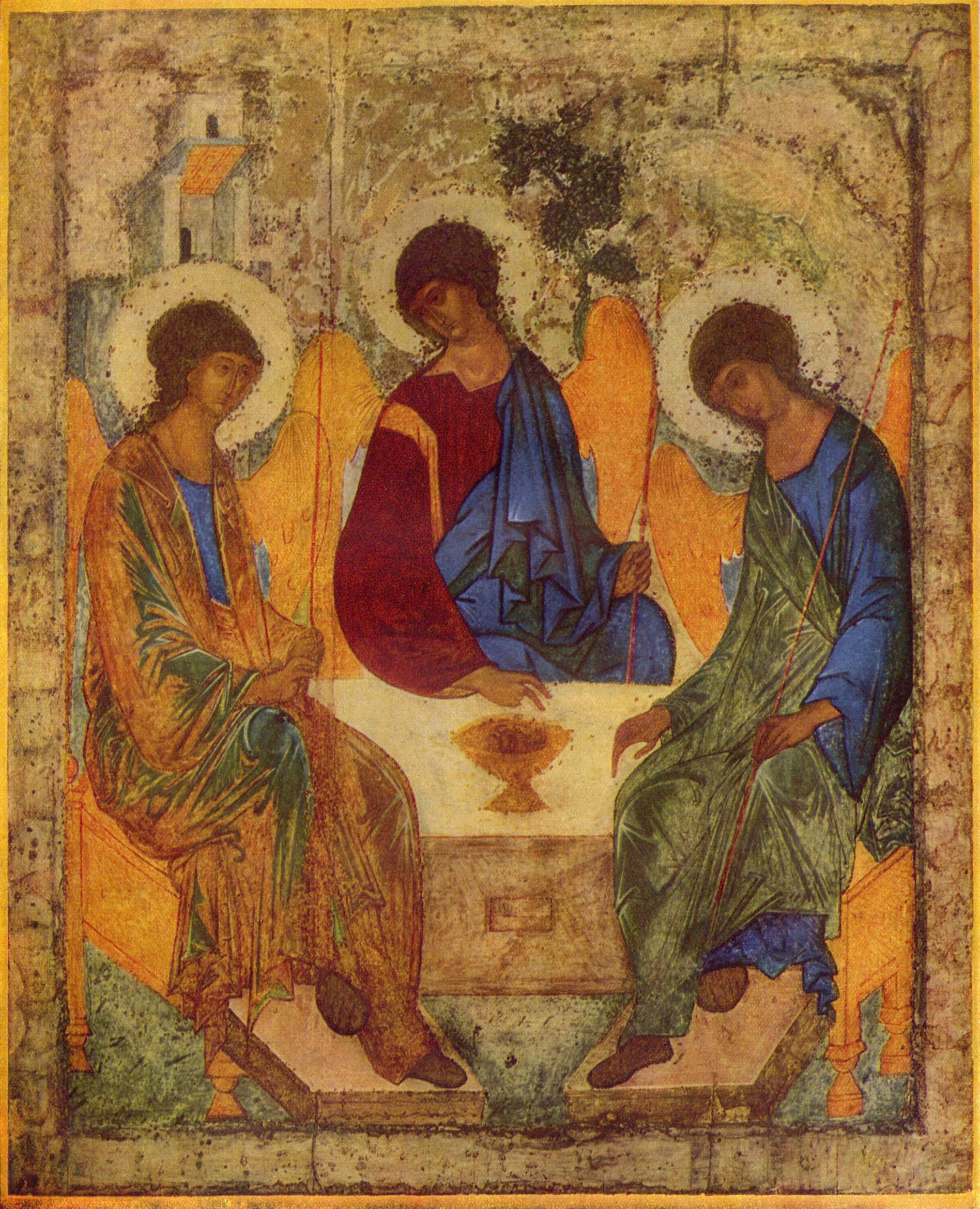I mean how many sermons have you heard on Justification by Faith? I am not really seeking an answer; after all on 500th anniversary of the Reformation this is what the communique released by the Lutherans and the Roman Catholics talked about. It is not just them but Methodist, Reformed and Anglicans. However I want to go back to the Shorter Westminster Catechism. In that I read:
Q. 30. How doth the Spirit apply to us the redemption purchased
by Christ?
A. The Spirit applieth to us the redemption purchased by Christ, by working faith in us, and thereby uniting us to Christ in our effectual calling.
Q. 31. What is effectual calling?
A. Effectual calling is the work of God’s Spirit, whereby, convincing us of our sin and misery, enlightening our minds in the knowledge of Christ, and renewing our wills, he doth persuade and enable us to embrace Jesus Christ, freely offered to us in the gospel.
Q. 32. What benefits do they that are effectually called partake of in this life?
A. They that are effectually called do in this life partake of justification, adoption, and sanctification, and the several benefits which in this life do either accompany or flow from them.
Q. 33. What is justification?
A. Justification is an act of God’s free grace, wherein he pardoneth all our sins, and accepteth us as righteous in his sight, only for the righteousness of Christ imputed to us, and received by faith alone,
Q. 34. What is adoption?
A. Adoption is an act of God’s free grace, whereby we are received into the number and have a right to all the privileges of the sons of God.
Q. 35. What is sanctification?
A.Sanctification is the work of God’s free grace,whereby we are renewed in the whole man after the image of God,and are enabled more and more to die unto sin, and live unto righteousness.
Q. 36. What are the benefits which in this life do accompany or flow from justification, adoption, and sanctification?
A. The benefits which in this life do accompany or flow from justification, adoption, and sanctification, are, assurance of God’s love, peace of conscience, joy in the Holy Ghost, increase of grace, and perseverance therein to the end.
Note that there are three different elements to the process of effectual calling of which justification is just one. When last did you here much talk on Sanctification or Adoption? Yet together they make up together the Reformed understanding of our Redemption by God. God did not just justify us, nor are we simply justified by faith even if that faith is the faith of God. Let me leave however Justification too one side and look at the other two.

If justification is the formal declaration of freedom from sin, then adoption is giving us a place within the community of God. If you have ever been told that the fourth side of the Rublev’s icon is open as we are invited to participate in the community of the God head, then here is the statement of that same idea within Reformed Doctrine. The call to be sons and daughters of God is not a call simply to acknowledge God as our parent but to understand ourselves as members of the household of God and part of that community. Alright we can only fully realise at the parousia but at least in expectation it is partly that there will be a foretaste in our current lives. In this sense adoption is a state we exist is not an event.
So onto sanctification which is perhaps the most forgotten part of the whole process. I can remember a Reformed theologian going on about how many day to day Reformed Christians had fallen for works and I asked him whether what he saw as works were in fact ‘signs of sanctification’ . Firstly sanctification is God working in to “fit us for Heaven”. It is thus not something we do to earn redemption but something we receive because we are redeemed. What is more is it is not something that happens instantly but something that goes on working through out our lives. Traditionally Reformed Christians wishing to discover whether they have been saved or not have looked into their lives to see if they could discern the process of sanctification. The shunning of evil, production of good works and acts of piety are symptoms of the sanctification. Therefore reason for thanksgiving. Thus Sanctification is a process not unlike what the Orthodox call theosis. It is therefore a process.
Thus in the doctrine of redemption we have three important parts
- Justification – event
- Adoption -state
- Sanctification – process.
The focus on Justification makes people think that this is a simple act of stepping through a door but it is a door to another country and we have a journey to make there.
